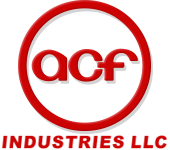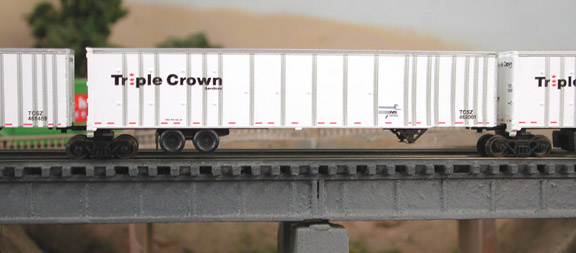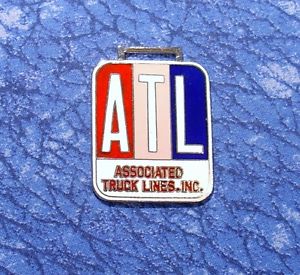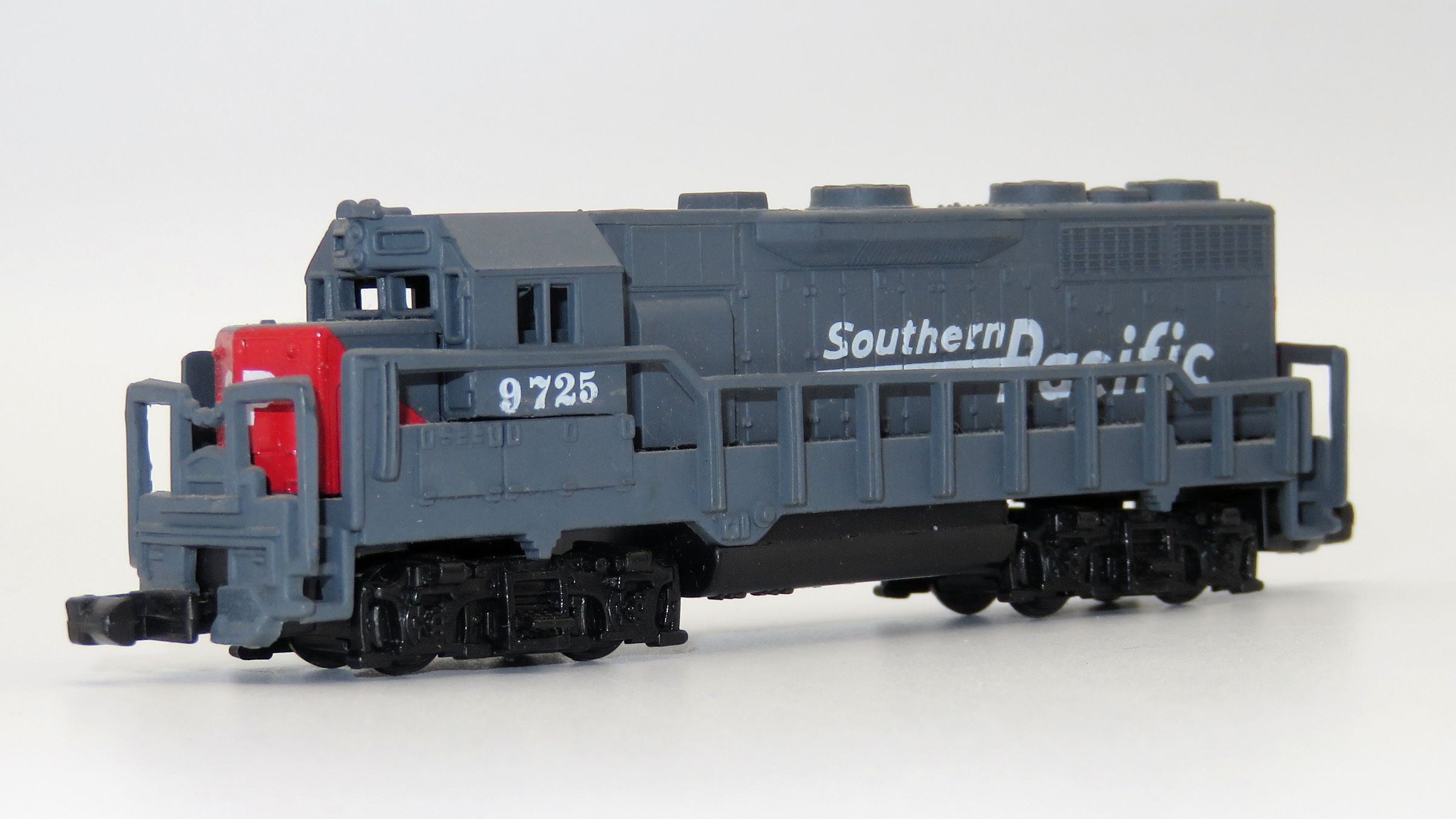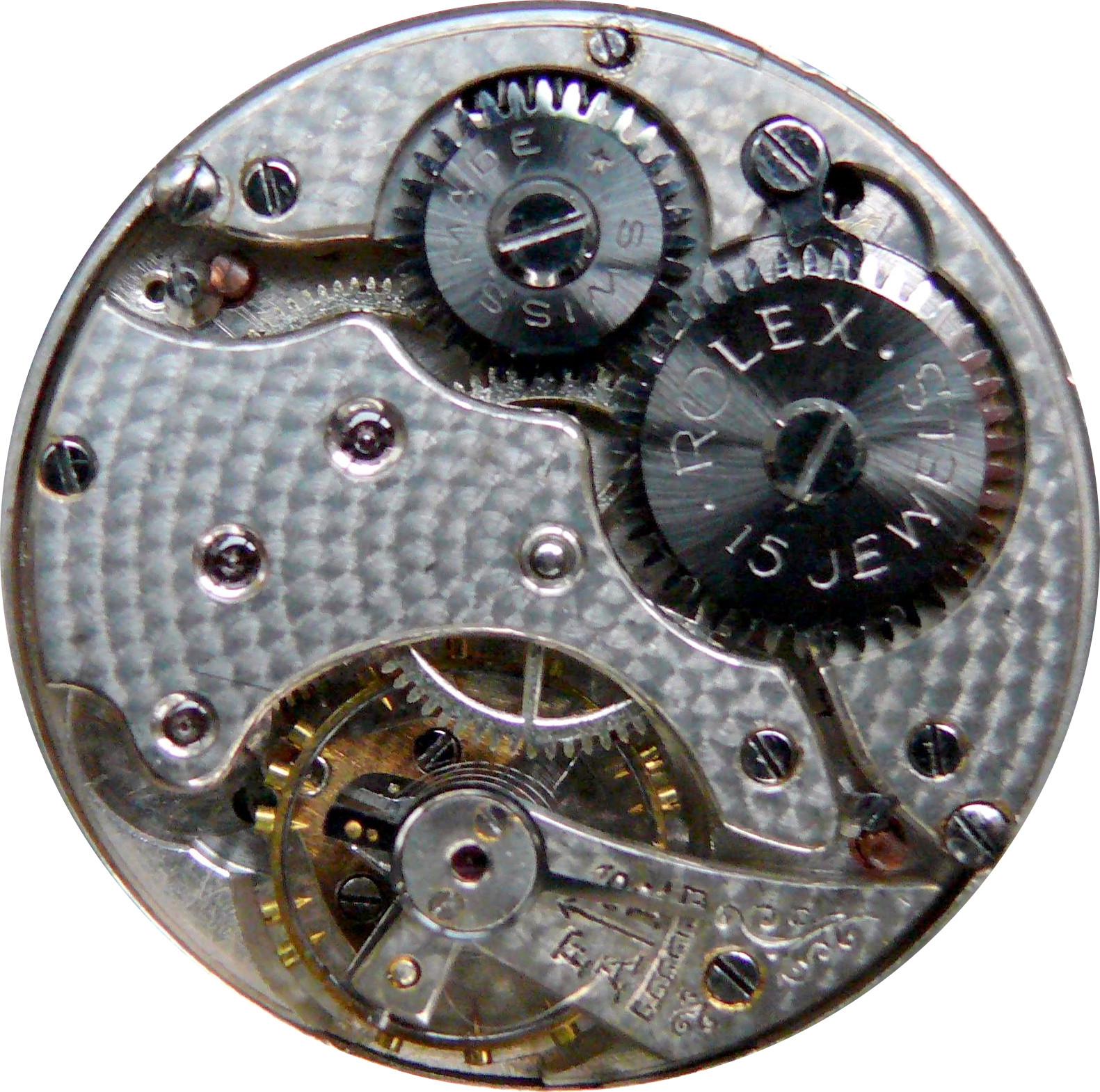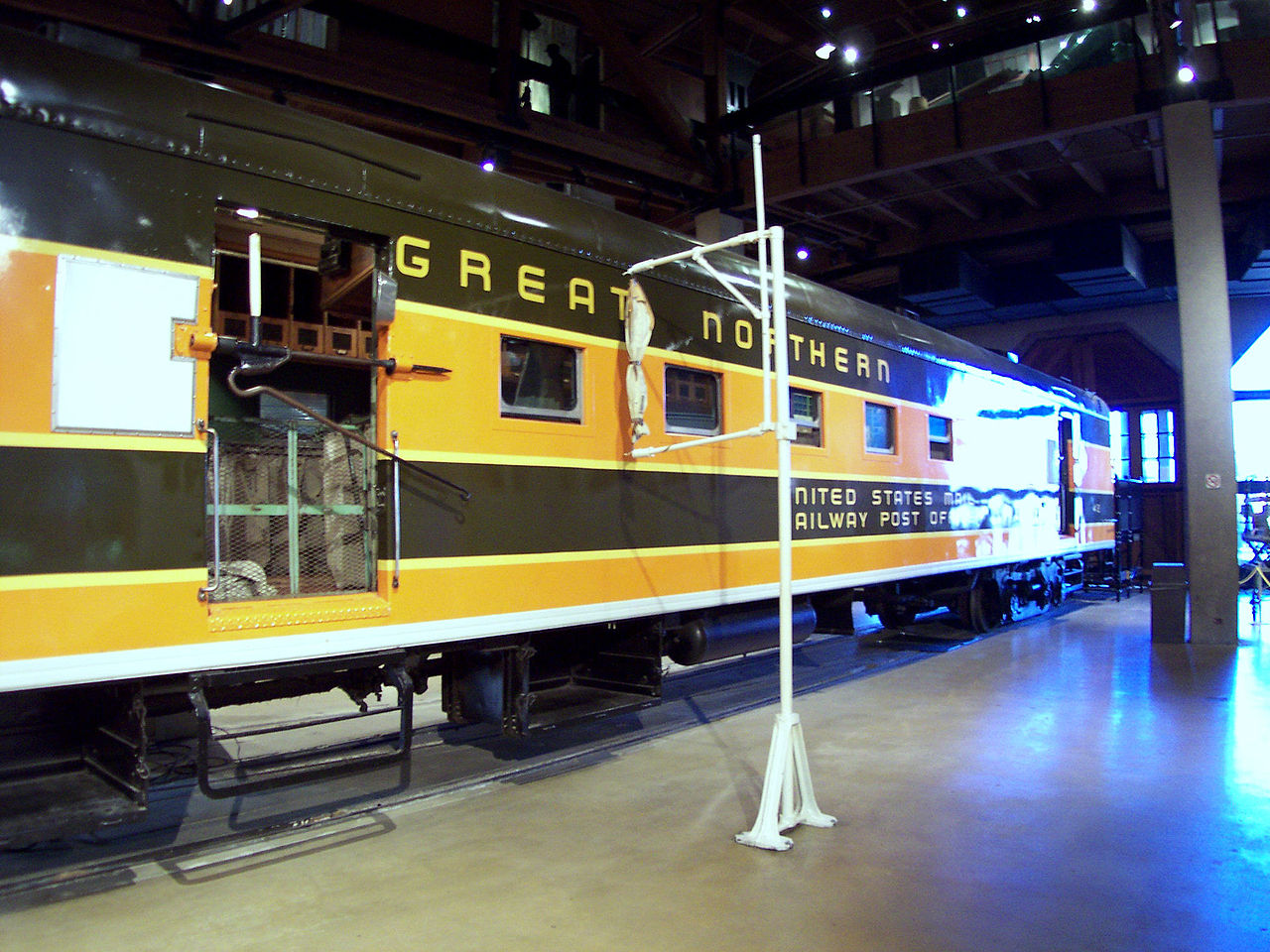Prototype History: In the post-war period, passenger rail service boomed. In order to increase efficiency, the railroads set to replacing their old wood, steel and concrete heavyweight passenger cars with newer lightweight, streamlined cars. The new cars were made from stainless steel, aluminum and Cor-Ten steel. These cars required less motive power to pull and were cheaper to manufacture. Production was also concentrated in a few manufacturers rather than each railroad making its own. This led to standardization which further reduced costs. The new "lightweight" cars were also given "streamlined" designs to make them more visually appealing. Budd, Pullman Standard and ACF were all well known manufacturers of these cars.
A railway post office, commonly abbreviated as RPO, was a railroad car that was normally operated in passenger service as a means to sort mail en route, in order to speed delivery. The RPO was staffed by highly trained Railway Mail Service postal clerks, and was off-limits to the passengers on the train.
This particular prototype represents the AC&F RPO-baggage built for GN in 1950-51 as series 37-42. It has a 60’ RPO compartment, with 5 windows and 2 doors, and a third door for the storage / baggage section. See here for more details.
Read more about RPOs on Wikipedia
A railway post office, commonly abbreviated as RPO, was a railroad car that was normally operated in passenger service as a means to sort mail en route, in order to speed delivery. The RPO was staffed by highly trained Railway Mail Service postal clerks, and was off-limits to the passengers on the train.
This particular prototype represents the AC&F RPO-baggage built for GN in 1950-51 as series 37-42. It has a 60’ RPO compartment, with 5 windows and 2 doors, and a third door for the storage / baggage section. See here for more details.
Read more about RPOs on Wikipedia
Road Name History: 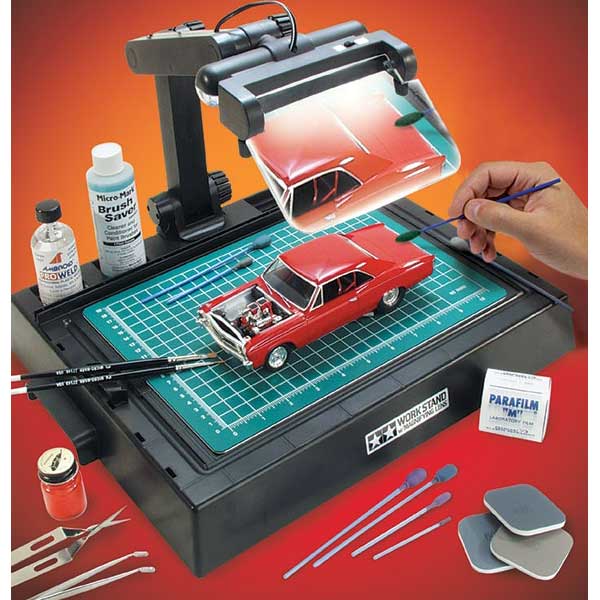 Although they may be molded in color, unpainted and unlettered, undecorated products are marketed to modelers who seek to custom decorate their models for private roads and/or road and/or company names that were not commercially produced by any of the major manufacturers.
Although they may be molded in color, unpainted and unlettered, undecorated products are marketed to modelers who seek to custom decorate their models for private roads and/or road and/or company names that were not commercially produced by any of the major manufacturers.
Undecorated models are frequently also unassembled or only partially assembled and required modelers to be comfortable with glue, paint and sometimes solder in order to prepare their models for display. Materials for these models can vary but often include plastic, pewter and resin. Models may or may not come with decals or other decorations such as plastic signage, railings and ladders to enhance the appearance of the final product.

Undecorated models are frequently also unassembled or only partially assembled and required modelers to be comfortable with glue, paint and sometimes solder in order to prepare their models for display. Materials for these models can vary but often include plastic, pewter and resin. Models may or may not come with decals or other decorations such as plastic signage, railings and ladders to enhance the appearance of the final product.
Brand/Importer Information: KATO U.S.A. was established in 1986, with the first U.S. locomotive model (the GP38-2, in N-Scale) released in 1987. Since that time, KATO has come to be known as one of the leading manufacturers of precision railroad products for the modeling community. KATO's parent company, Sekisui Kinzoku Co., Ltd., is headquartered in Tokyo, Japan.
In addition to producing ready-to-run HO and N scale models that are universally hailed for their high level of detail, craftsmanship and operation, KATO also manufactures UNITRACK. UNITRACK is the finest rail & roadbed modular track system available to modelers today. With the track and roadbed integrated into a single piece, UNITRACK features a nickel-silver rail and a realistic-looking roadbed. Patented UNIJOINERS allow sections to be snapped together quickly and securely, time after time if necessary.
The Kato U.S.A. office and warehouse facility is located in Schaumburg, Illinois, approximately 30 miles northwest of Chicago. All research & development of new North American products is performed here, in addition to the sales and distribution of merchandise to a vast network of wholesale representatives and retail dealers. Models requiring service sent in by hobbyists are usually attended to at this location as well. The manufacturing of all KATO products is performed in Japan.
Supporters of KATO should note that there is currently no showroom or operating exhibit of models at the Schaumburg facility. Furthermore, model parts are the only merchandise sold directly to consumers. (Please view the Parts Catalog of this website for more specific information.)
In addition to producing ready-to-run HO and N scale models that are universally hailed for their high level of detail, craftsmanship and operation, KATO also manufactures UNITRACK. UNITRACK is the finest rail & roadbed modular track system available to modelers today. With the track and roadbed integrated into a single piece, UNITRACK features a nickel-silver rail and a realistic-looking roadbed. Patented UNIJOINERS allow sections to be snapped together quickly and securely, time after time if necessary.
The Kato U.S.A. office and warehouse facility is located in Schaumburg, Illinois, approximately 30 miles northwest of Chicago. All research & development of new North American products is performed here, in addition to the sales and distribution of merchandise to a vast network of wholesale representatives and retail dealers. Models requiring service sent in by hobbyists are usually attended to at this location as well. The manufacturing of all KATO products is performed in Japan.
Supporters of KATO should note that there is currently no showroom or operating exhibit of models at the Schaumburg facility. Furthermore, model parts are the only merchandise sold directly to consumers. (Please view the Parts Catalog of this website for more specific information.)
Item created by: gdm on 2016-05-02 07:31:29. Last edited by Tower55 on 2023-06-10 12:34:46
If you see errors or missing data in this entry, please feel free to log in and edit it. Anyone with a Gmail account can log in instantly.
If you see errors or missing data in this entry, please feel free to log in and edit it. Anyone with a Gmail account can log in instantly.




